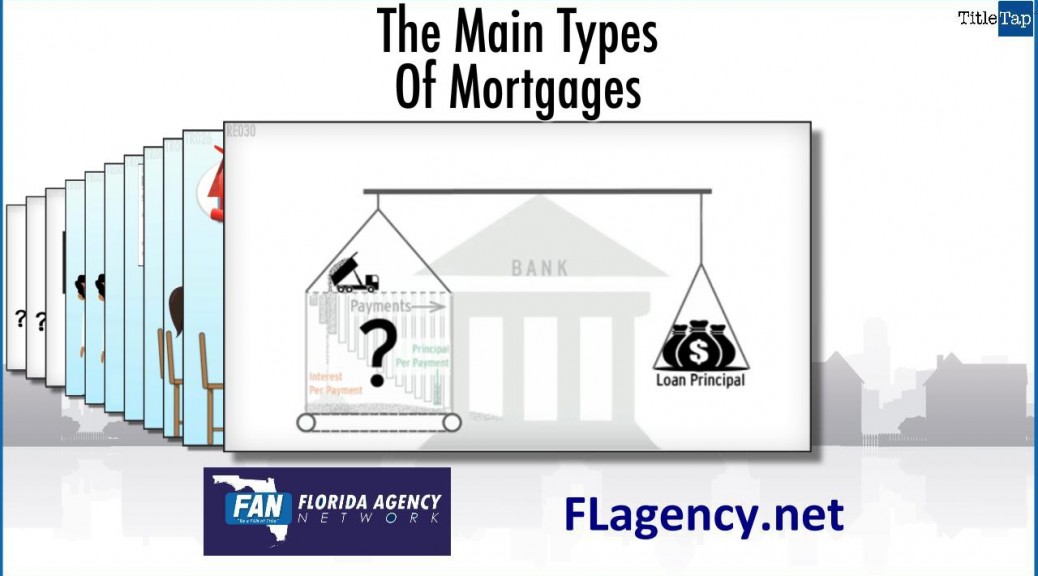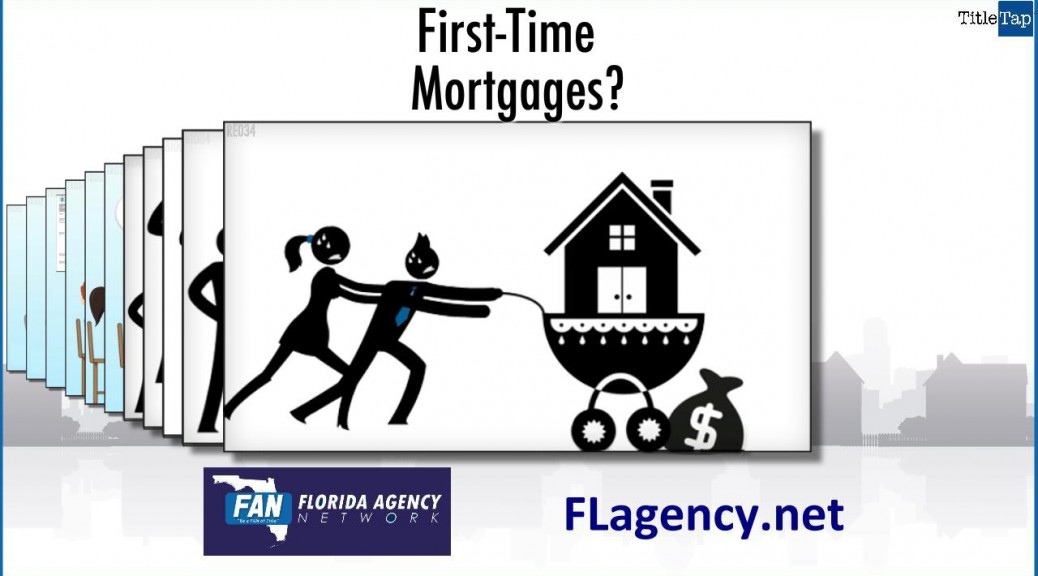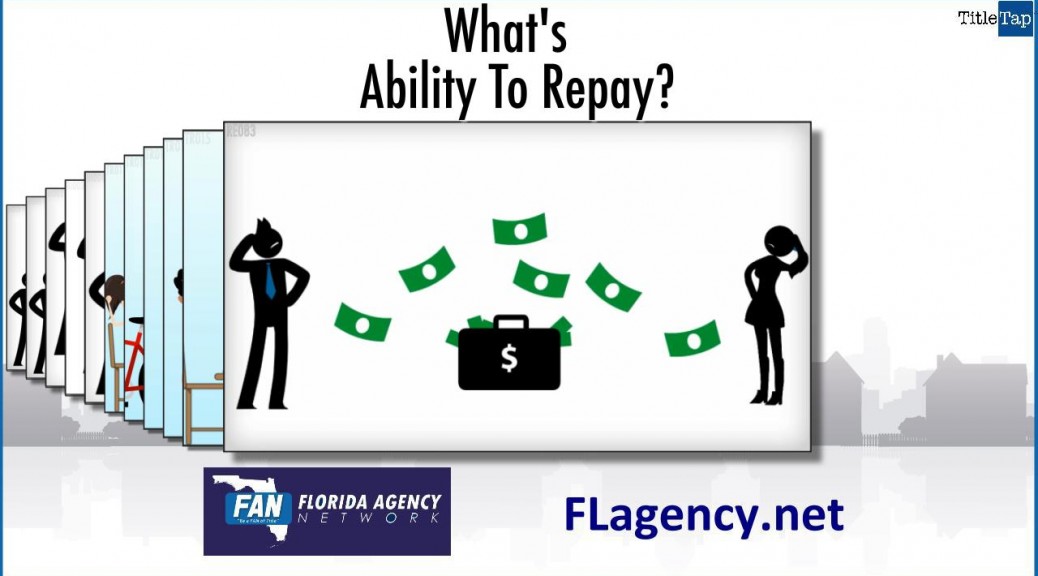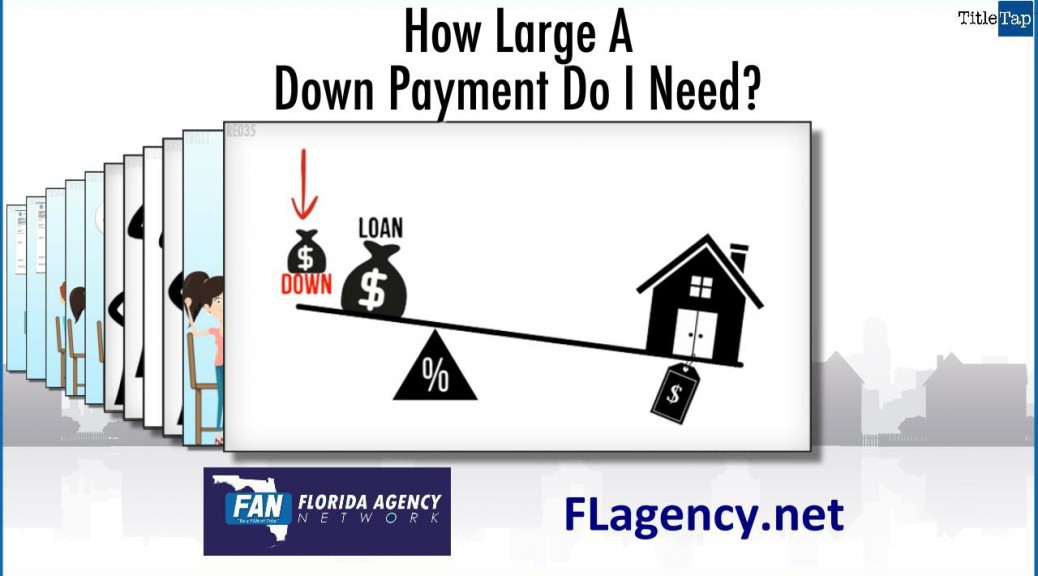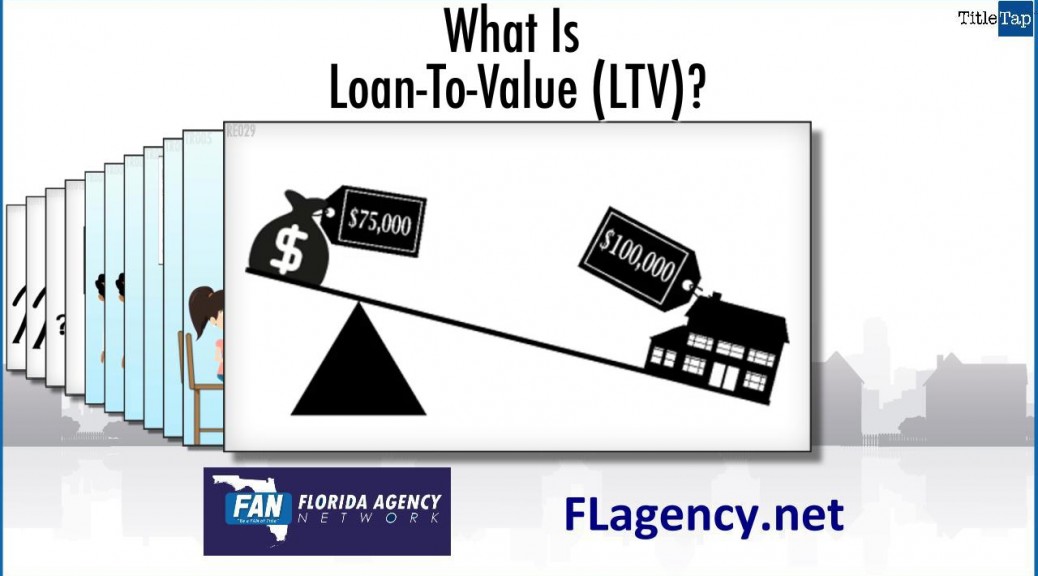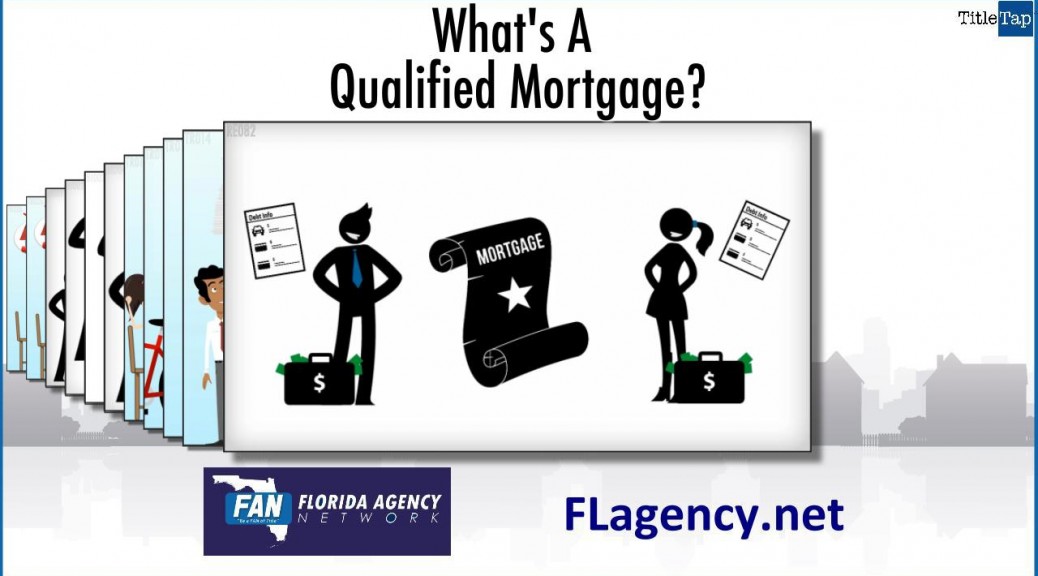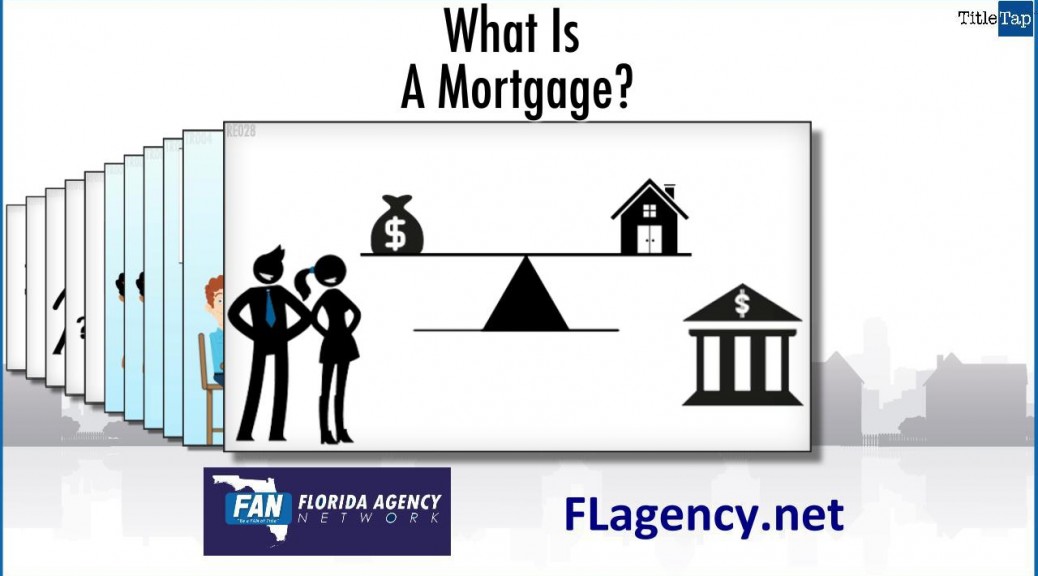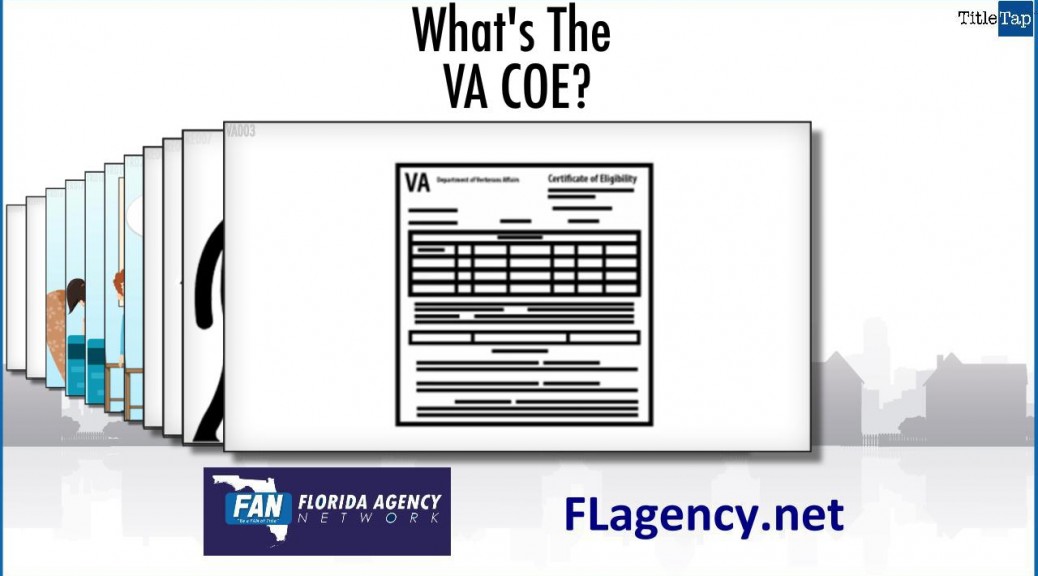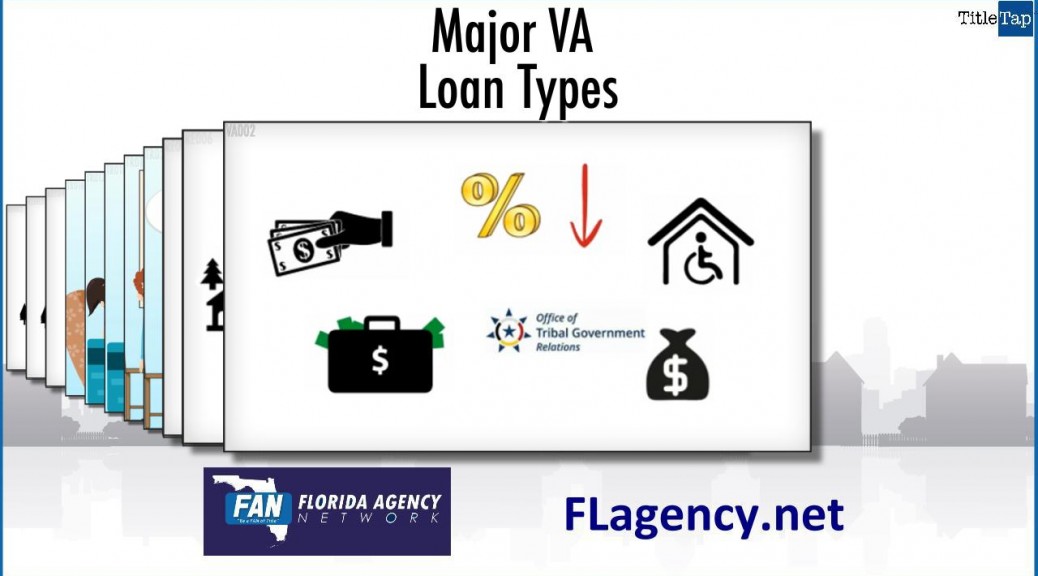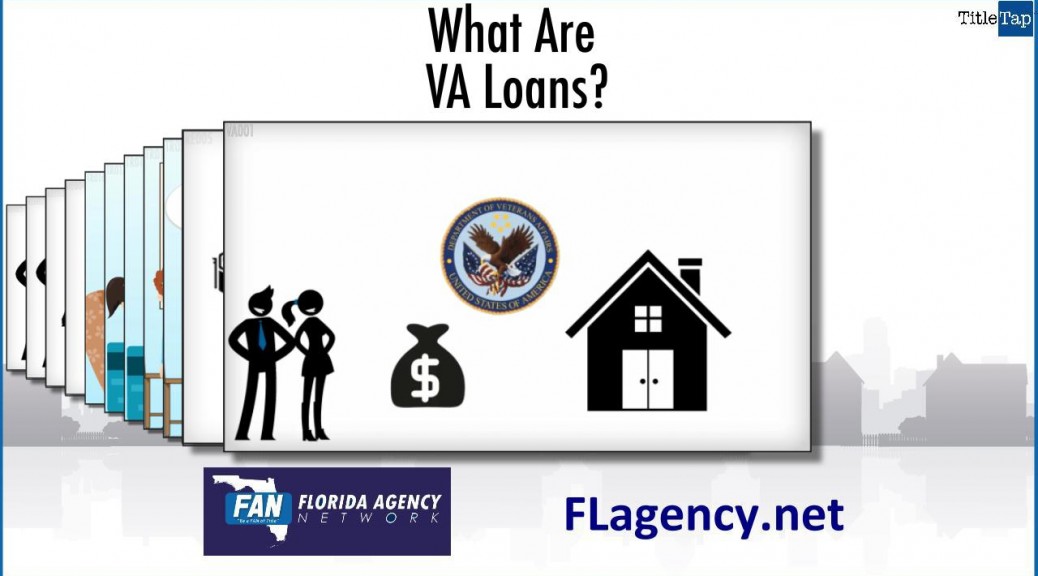http://fwd5.wistia.com/medias/fl0cncldl4?embedType=iframe&videoFoam=true&videoWidth=640
This video tells you about the most common types: Fixed Rate, ARM, Balloon and 2-Step.
First, Fixed Rate Mortgages: Payments remain the same for the life of the loan generally 15 years or 30 years. Interest rates remain the same, so payments are predictable.
A second common type is an Adjustable Rate Mortgage, or ARM. ARM Payments increase or decrease on a regular schedule with changes in interest rates increases are typically subject to limits.
Third, Balloon Mortgage: These offers very low rates for an Initial period of time usually 5, 7, or 10 years when time has elapsed, the balance is due or refinanced though not automatically.
Finally, a Two-Step Mortgage- Interest rates adjusts only once and remains the same for the life of the loan.
Many other types are available, including government-insured mortgages and VA loans for veterans. Talk to lenders and real estate professionals to assess your situation.

